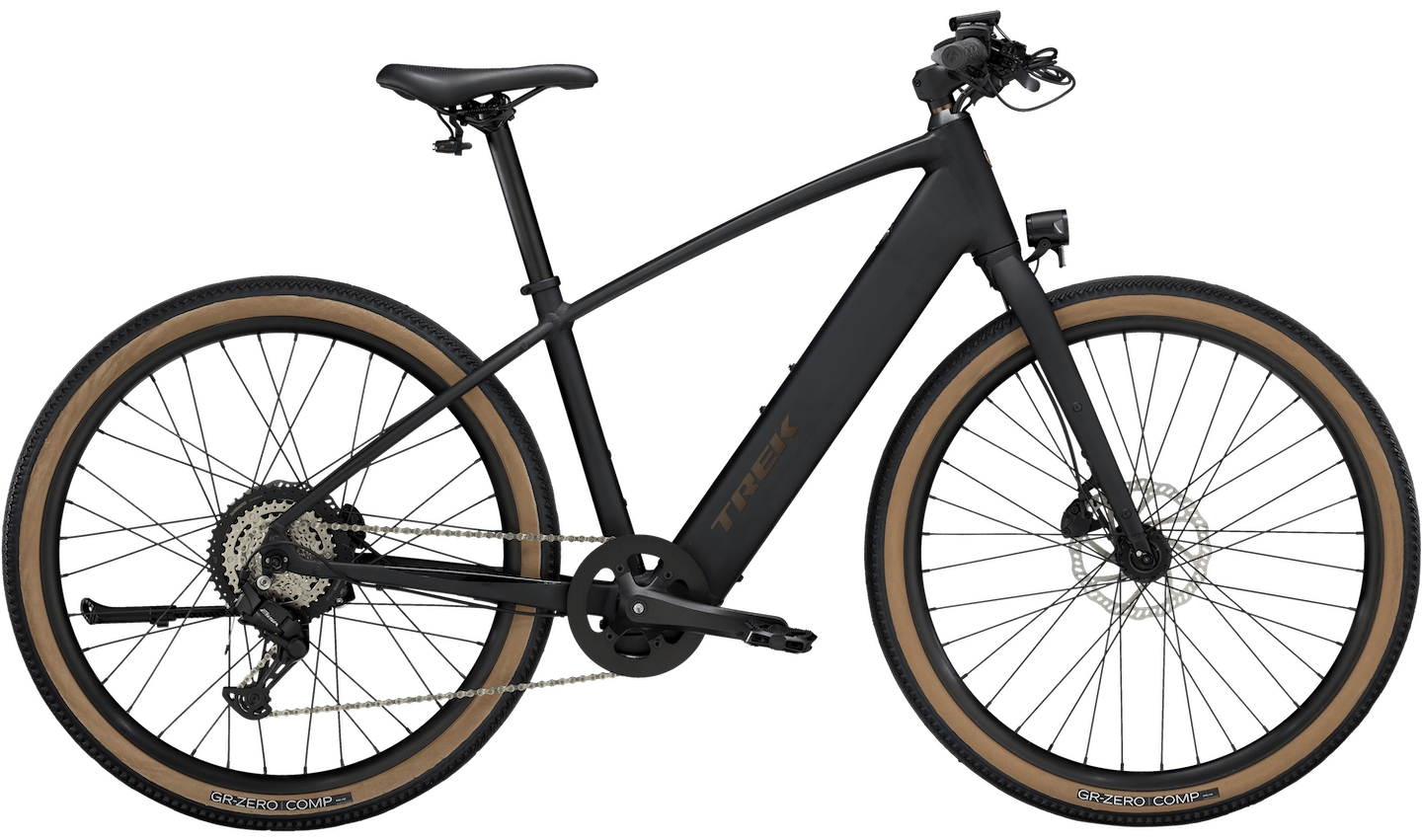March 24, 2020 - (Doetinchem, Netherlands) New battery technology may be on the horizon with the continued research and development into Graphene, a single layer of tightly bound carbon that’s touted as the thinnest and lightest material known to man.

One of its properties is being the best at conducting electricity and according to Lithium News the addition of Graphene nano-technology to Lithium batteries brings unprecedented properties as the carbon atoms in Graphene are super-conductive.
This breakthrough in battery technology could revolutionize the industry for e-bikes, electric cars and much more. The first prototypes were unveiled at Eurobike in 2019 and experts say the it’s 2.5 times better and over the next year costs could drop as much as 40%.
The report adds that close to a decade ago the EU announced a one billion Euro subsidy program for the development of Graphene applications and products. Vittoria started working with Graphene in 2013 and managed to integrate it into tyres and composite material for carbon wheelsets.
Another report in Capo Velo says Jiangsu NESC Science and Technology Company in China, claims to have developed a new “super battery”, through the use of Graphene-Polymer technology that’s capable of fast charging, in less than 15 minutes, and also has prolonged battery life.
“The ability to fully charge electric vehicles in 10-15 minutes and do so over 1,500 times through cycling fast charging will help solve fundamental problems for new energy vehicles,” NESC’s president, Yao Xiaoqing told China Daily.
















